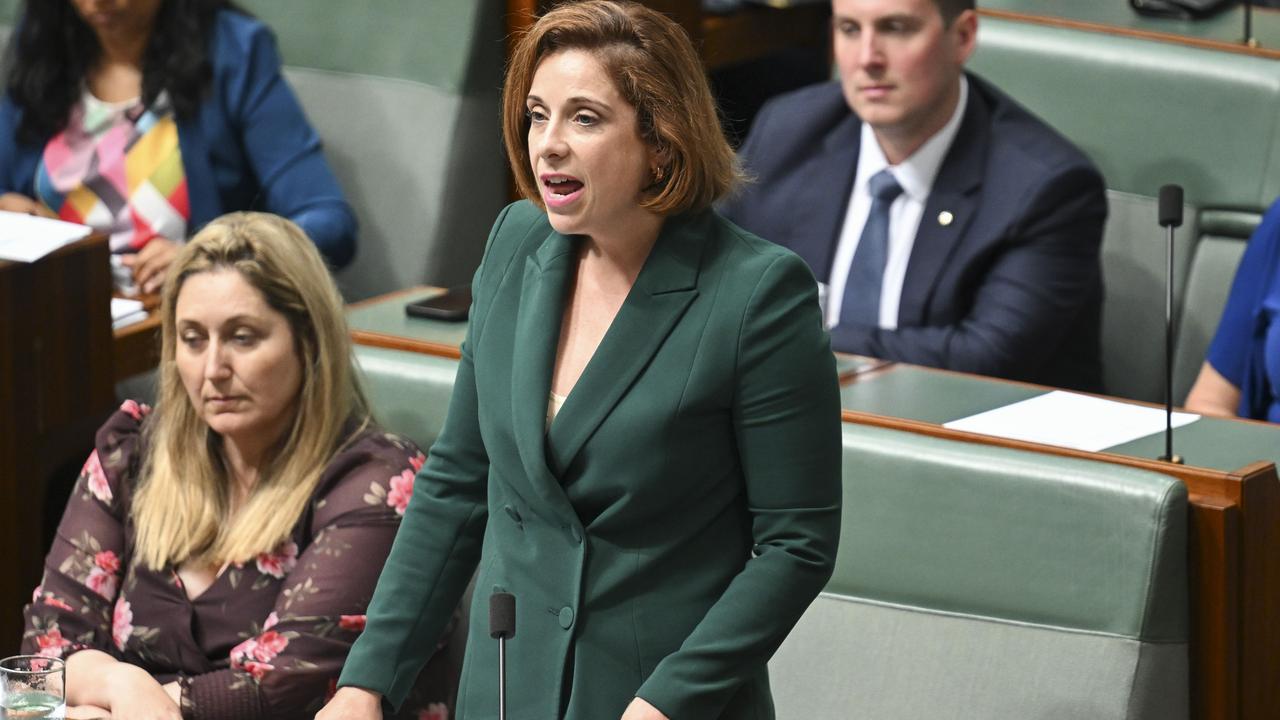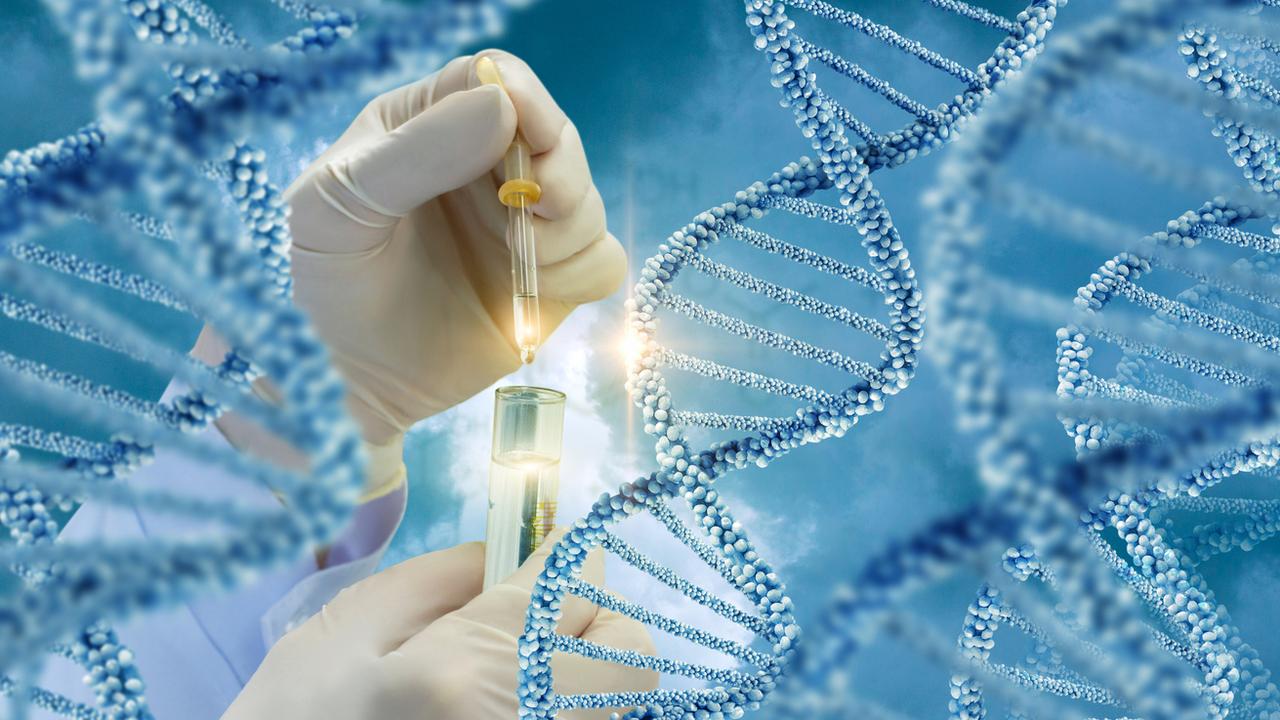Tea and coffee linked to lower risk of mouth and throat cancer
Drinking three to four cups of coffee a day is associated with the biggest decrease in risk, according to a study.

Drinking three to four cups of coffee a day may be linked with a reduced risk of mouth and throat cancer, a study has suggested.
Tea drinking is also associated with a lower risk of head and neck cancer, but only among those who consume an average of no more than one cup a day, according to research published on Monday.
Researchers from the Huntsman Cancer Institute and the University of Utah analysed the findings from 14 studies looking at coffee and tea consumption and rates of cancer in the mouth and in the throat around the larynx.
Their findings, published in Cancer, the journal of the American Cancer Society, “support reduced head and neck cancer risk among coffee and tea drinkers”, the study concluded.
Head and neck cancers are the seventh most common form of cancer worldwide.
The analysis included data on 9548 people with those cancers and 15,783 people without cancer as comparison points.
The researchers found that, compared with those who drank no coffee, people who drank four or more cups of caffeinated coffee a day appeared to have a 17 per cent lower risk of head and neck cancer, with a 30 per cent lower risk of mouth cancer and 22 per cent lower risk of throat cancer.
Drinking three to four cups a day was associated with a 41 per cent lower risk of hypopharyngeal cancer, found at the bottom of the throat. The risk reduction was still recorded, although not as strongly, among those who drank decaffeinated coffee.
Drinking an average of up to one cup of tea a day was linked with a 9 per cent lower risk of head and neck cancer overall and a 27 per cent lower risk of hypopharyngeal cancer. However, among those who drank more than one cup of tea a day, the risk of laryngeal cancer was 38 per cent higher.
Dr Yuan-Chin Amy Lee, the study’s senior author, said: “While there has been prior research on coffee and tea consumption and a reduced risk of cancer, this study highlighted their varying effects with different sub-sites of head and neck cancer, including the observation that even decaffeinated coffee had some positive impact.
“Coffee and tea habits are fairly complex and these findings support the need for more data and further studies around the impact that coffee and tea can have on reducing cancer risk.”
The study did not examine the types of tea consumed.
Tom Sanders, a professor of nutrition and dietetics at King’s College London, who was not involved in the study, said it did not conclusively show that drinking tea and coffee directly led to a lowered cancer risk. He noted: “People who drink a lot of coffee and tea may be more likely to avoid other harmful behaviours such as drinking alcohol and using tobacco and so may be at a lower risk of these cancers for other reasons.”
He added, however, that the study nevertheless “may be reassuring for coffee and ordinary tea drinkers”.
A separate study this year found that drinking two to three cups of tea a day could help to keep your heart healthy, while coffee also provided a protective effect. It found that the more coffee and tea participants drank, the higher their levels of a type of cell that protects against heart attacks and strokes.
There has long been debate over whether caffeine is good for the heart, with concerns that it could be linked to increased blood pressure and may cause palpitations; but there is mounting evidence showing that caffeine is good for overall health.
The Times




